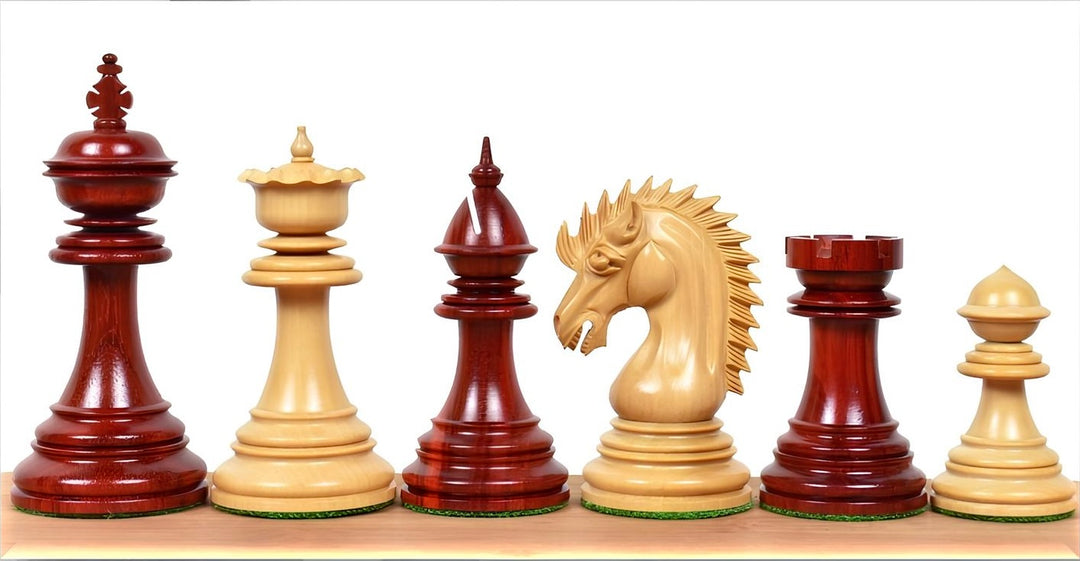Introduction to Chess with Friends
Chess is a classic game of strategy and skill that has been enjoyed by millions around the world for centuries. Playing chess with friends not only enhances your game but also strengthens your relationships and cognitive abilities. Whether you are a beginner or an advanced player, mastering chess involves understanding basic principles, developing sophisticated strategies, and constantly practicing.
Understanding Chess Basics
The Chessboard and Piece Setup
Chess is played on a square board divided into 64 smaller squares, alternating between light and dark colors. Each player starts with 16 pieces: one king, one queen, two rooks, two knights, two bishops, and eight pawns. Setting up the board correctly is crucial, with the board oriented so that each player has a light-colored square at the right-hand corner of the nearest row.
Basic Rules and Objectives
The main objective in chess is to checkmate your opponent's king, where the king is under immediate threat of capture and cannot escape. Understanding the unique movements of each piece is fundamental. For example, the queen moves any number of squares in any direction, while the knight moves in an ‘L’ shape. Remember, managing the center of the board is typically advantageous as it gives your pieces greater mobility and control over the game.
Strategic Play with Friends
Opening Strategies
The opening phase of the game is about developing your pieces, especially knights and bishops, to good positions. It's generally good practice to move each piece once before moving any piece twice, control the center, and ensure the safety of your king through castling.
Middle Game Tactics
Once most of the pieces are developed, the middle game begins. This stage is about trying to improve the position of your pieces while disrupting your opponent's plans. Look for tactics like forks, where a single piece attacks two or more of the opponent's pieces at once; pins, where a piece is immobilized because moving it would expose a more valuable piece; and skewers, similar to pins but where the more valuable piece is in front.
End Game Principles
In the endgame, when there are fewer pieces on the board, the strategy shifts towards promoting pawns into queens and other pieces. King safety remains crucial, but the king also becomes an aggressive piece used to support pawns and checkmate the opponent’s king.
Practical Tips to Enhance Your Chess Skills
Play Regularly and Review
The key to improvement in chess, like any skill, is consistent practice. Play regular games with your friends, either online or in person. After each game, take time to review your moves and understand what you did well and where you could improve.
Learn from Masters
Watching professional chess matches can provide insights into advanced strategies and tactics. Many online platforms also provide tutorials that can help elevate your game. Learning from chess books can also provide deeper theoretical knowledge.
Use Chess Software and Apps
Leveraging technology can significantly improve your chess skills. Many chess apps analyze your games and provide personalized feedback to help you refine your strategies. They also offer the convenience of playing against a computer or online opponents, which is great for practicing tough positions or strategies.
Conclusion
Whether playing casually with friends or participating in formal competitions, chess is a rewarding game that sharpens your mind and enriches your strategic thinking. By understanding the basics, honing your strategies, and regularly engaging in practice and review, you can greatly enhance your enjoyment and skill level in chess.
Keep Practicing
Remember, every chess master was once a beginner. Continual learning and persistence are the keys to mastery in chess. So, set up your board, challenge your friends, and enjoy every step of your chess journey.
Explore our large collection of luxurious chess sets!


















































Leave a comment